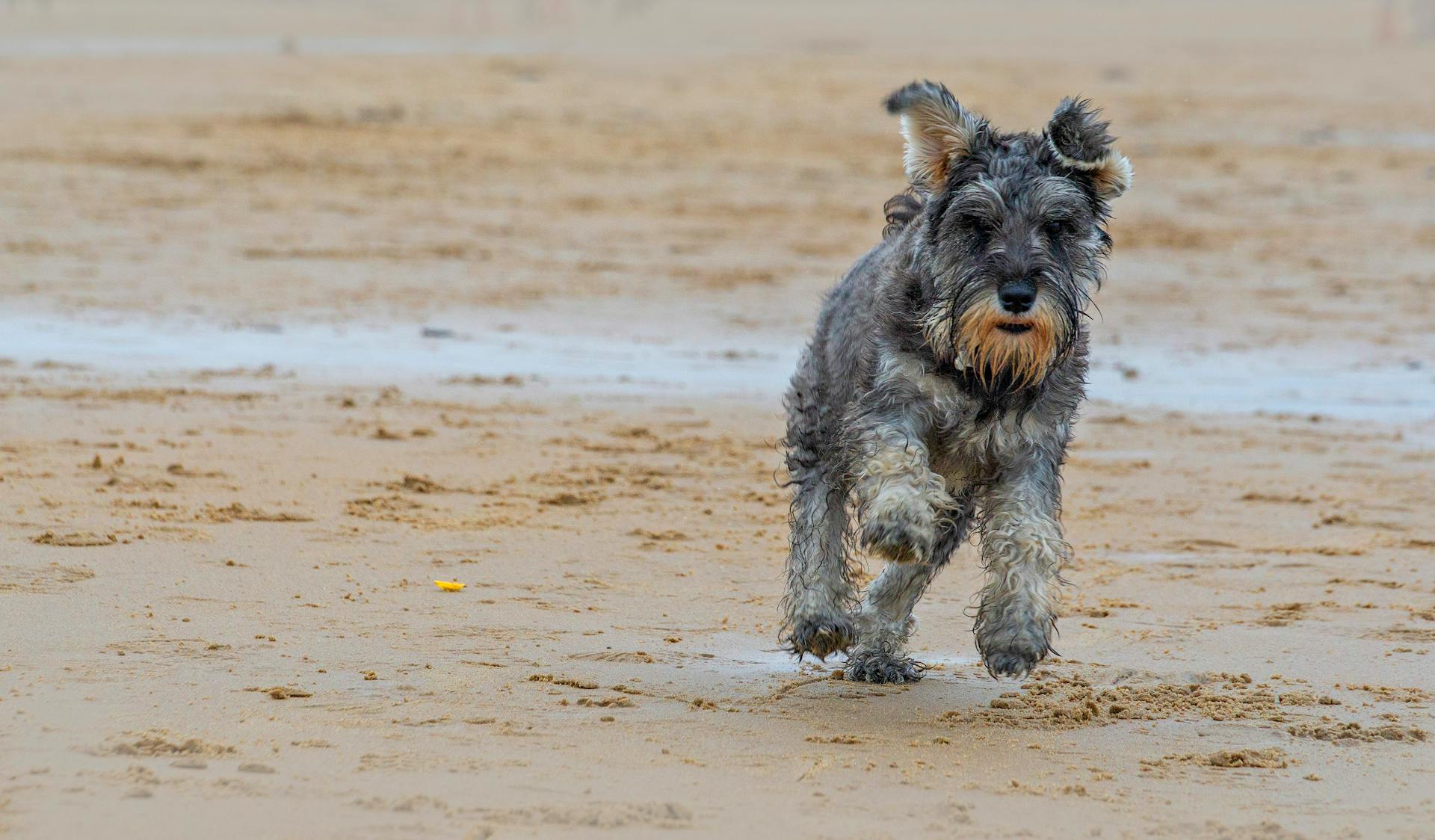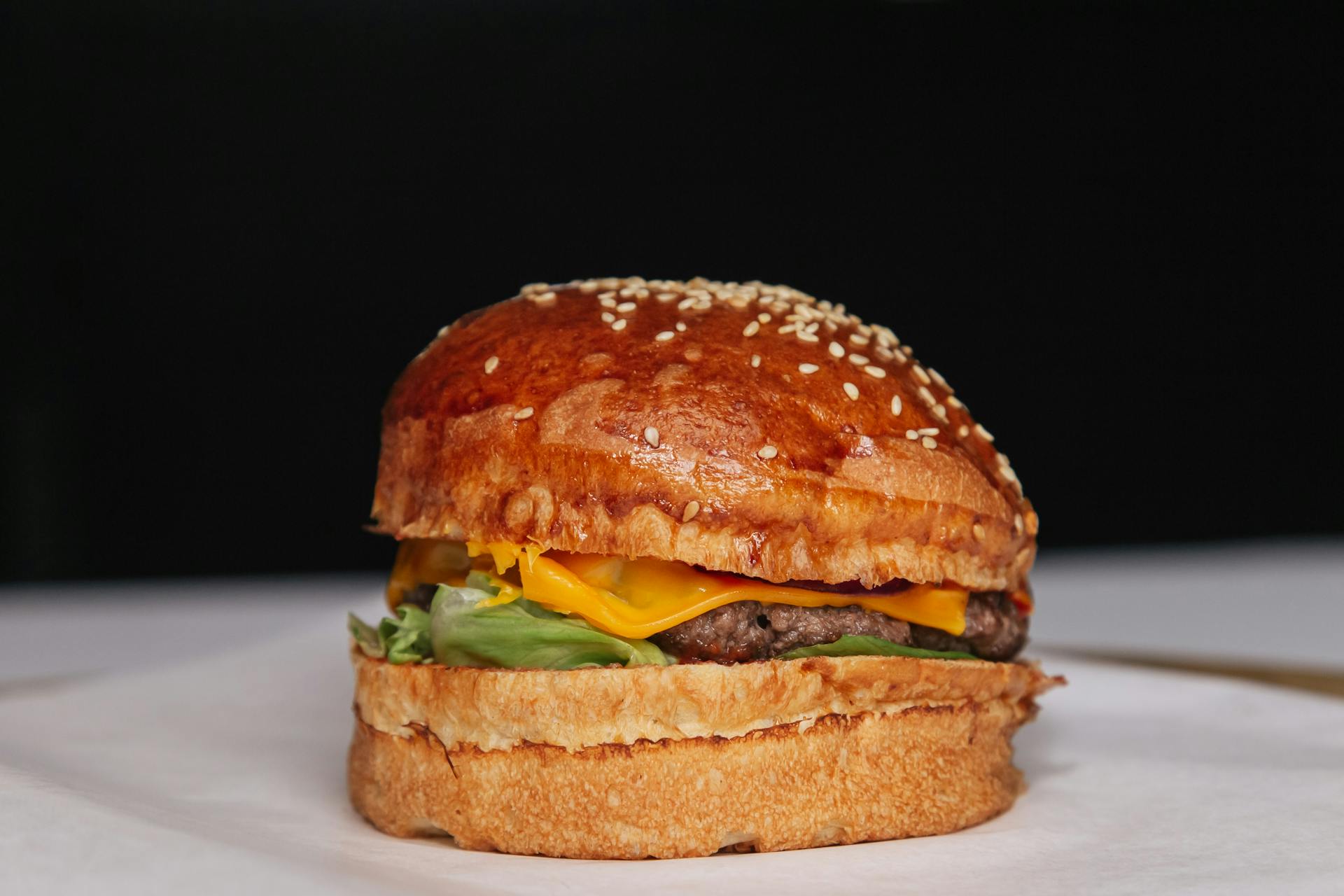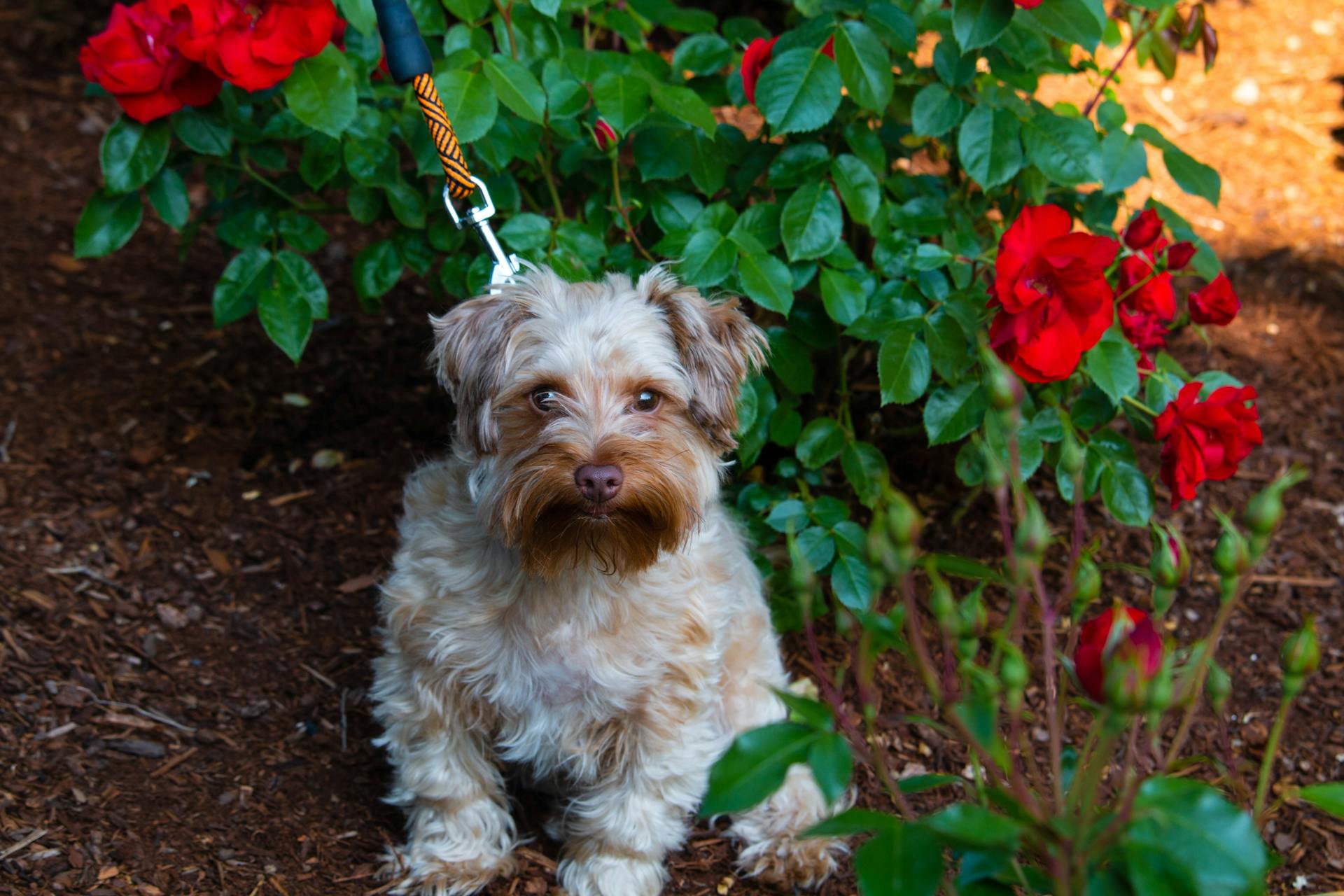
If your dog has eaten a piece of chocolate cake, it is important to take them to the veterinarian immediately as it can be very dangerous for dogs. Chocolate contains an ingredient called theobromine which is poisonous to dogs and can cause vomiting, seizures, and even death if consumed in large amounts.
It's also important to note that not all types of chocolate are created equal when it comes to toxicity so knowing what type of chocolate your dog ate will help your vet treat them accordingly. For example, dark chocolate tends to contain higher levels of theobromine while white or milk chocolate may not be as toxic.
Your vet might recommend that you induce vomiting in order to get rid of any remaining quantities of cake in their stomachs and may provide medication such as activated charcoal in order to absorb any remaining toxins left over from the cake consumption. In more severe cases they may suggest an IV drip with fluids for hydration or other treatments depending on your pet's individual needs.
As a pet owner, it's always best practice prevent your furry friend from consuming anything potentially dangerous such as chocolates or cakes by keeping these items safely out of reach and sight when you don't have enough time conducting close supervision over them at all times!
Recommended read: Pancreatitis in Dogs Not Eating
What are the possible health risks if a dog consumes chocolate cake?
When your pup begs for a bite of your chocolate cake, it's important to keep in mind that the delicious dessert could be very dangerous for him. Dogs consuming chocolate can cause a range of health problems due to the chemicals found in this sweet treat.
Theobromine and caffeine are two major ingredients found in chocolate that cause toxicity when ingested by dogs. These compounds have stimulating effects on the central nervous system and may result in serious health risks linked to consumption of chocolate cake. Common symptoms of toxicity include vomiting, diarrhea, hyperactivity, seizures and irregular heart rate.
On top of containing potentially toxic ingredients, some cakes also contain other ingredients that are hazardous to dogs’ health such as nuts and raisins which can easily trigger allergies or lead to intestinal blockage if not chewed properly before swallowing. Baked treats, especially moist ones like cakes contain high levels of fat which can make an already excited pup even more hyperactive or cause digestive upset due their lack of ability properly digest high amounts fat intake within short periods time (in one sitting).
That being said it's best avoid giving your dog any type baked goods including cake; especially those containing high amount sugar and/or artificial sweeteners excessively processed fats like palm oil hydrogenated oils.. Whole fresh fruits apples bananas are great alternative snacks offer plenty nutrients without unneccessary calories\fatty substances which may eventually lead long term illnesses like diabetes & obesity even worse cancer other organ malfunctions but never ever offer any kind dairy based products such as butter cream cheese etc pooch always reaction allergies so consider them an off-limits item list when comes keeping pet healthy happy!
Could a dog get sick after eating chocolate cake?
We’ve all heard of the dangers presented to our canine friends when it comes to the human candy favorite, chocolate. But could a dog get sick after eating a delicious slice of chocolate cake?
The answer is yes, unfortunately. While chocolate cake (assuming it has been made using milk or dark chocolate) poses the same poisoning risks as other forms of the treat, certain ingredients and additives can cause serious health issues for your pup.
The first ingredient that you should be aware of is sugar. Too much sugar can cause digestion issues for our four-legged pals and eventually lead to diabetes if regularly consumed in large amounts over time. Also, many cakes contain nuts which are highly toxic for dogs if ingested in any quantity; likely resulting in an upset stomach, lethargic behavior or even seizures depending on how much was eaten and your pup's size and breed. Other elements like baking powder/soda can also create an upset stomach if too much is consumed at once due to its high salt content.
Malted sweeteners found in some recipes have been known to trigger pancreatitis over time as well as possible liver failure depending on how often they're eaten so be sure never to give these foods directly or indirectly (such as licking off icing that has been left laying around). Finally, while not a medical danger per se; ingredients like raisins may seem seemingly harmless but should also be avoided by your pooch as they generally act as laxatives when ingested and could result in emergency situations such diarrhea or dehydration requiring vet visits
What symptoms might a dog experience if it ate chocolate cake?
It may be tempting to give your dog a slice of chocolate cake, but it is important to remember that chocolate ingestion can be extremely dangerous for your canine companion. Chocolate contains the chemical compound theobromine, which can cause a variety of nasty ailments for pets. Your pet could experience any number of symptoms if he or she consumed chocolate cake, including vomiting, diarrhea, excessive thirst or urination, panting and restlessness, elevated heart rate and muscle tremors. Untreated cases may even result in seizures or death. If you suspect that your pup has gobbled up some sweet treats (or even just a small amount) contact your veterinarian immediately for guidance on how to proceed. For now: remember that sharing really isn’t caring when it comes to giving Fido human foods!
What might happen if a dog ingested a large quantity of chocolate cake?
In general, it is not safe for a dog to ingest chocolate cake, or any kind of chocolate. If a dog consumes a large quantity of chocolate cake (or other type of chocolate), they may experience toxic side effects.
The main ingredient in dark chocolate, cocoa powder, contains theobromine which is very toxic to animals. The toxic amount depends on the size and weight of the dog but generally 20mg per kilogram body weight can be dangerous. Furthermore, if your dog ingests copious amounts of sugar-laden cakes and pastries this could lead to elevated insulin levels in the blood causing hypoglycemia (low sugar levels). Regular sugar overloads can damage organs such as liver and pancreas leading to depression and lethargy.
Initial symptoms after ingestion can include vomiting or diarrhea as well as restlessness or excitability due to a kind of hyperactivity from all the caffeine present in some chocolates like dark chocolates; these symptoms may last for up to 24 hours post ingestion. In some cases seizures might occur and require immediate medical attention by an experienced veterinarian practitioner who will provide proper monitoring and emergency care if needed of your pet's condition.
Finally it is important that you keep all types of sweets away from pets; while vomiting caused by candy intake rarely cause death, other serious complications like infections or pancreatitis might occur as consequence risking animal's life so take precautions when dealing with food related items around you beloved one(s).
Could eating chocolate cake lead to a dog becoming more hyperactive?
While chocolate cake may make a person more hyperactive, it could mean the exact opposite for their canine best friend. According to various research studies completed by veterinary professionals, the effects of chocolate on dogs is not beneficial due to potentially hazardous chemicals called methylxanthines. These chemicals are found in large doses in cocoa and products derived from it (i.e., chocolate cakes). Dogs suffering from methylxanthines ingestion can become disconnected and unable to properly navigate which can lead to excessive energy activity as they try and adjust their normal behaviors. Complications arising as a result of consuming this type of food item can also include a rapid increase in heart rates, muscular tremors, vomiting, seizures, and even death if certain conditions are met. Additionally, some types of chocolate cake may be accompanied with added ingredients like raisins or nuts that could further harmfully affect your pup’s health due to potential toxic elements within them specific for animals.
Therefore after considering how detrimental would be for Fido's well being if any form of chocolaty deserts enter his diet…it is best advised your four-legged pal stays away from such treats!
Are there any long-term effects on a dog's health if it ate a piece of chocolate cake?
A piece of chocolate cake may seem like a harmless adult treat, but unfortunately it can have some long-term effects on your pup's health if consumed.
Chocolate is poisonous to dogs and ingestion can cause anything from mild stomach upset to severe heart arrhythmias, seizures and/or death. The toxic component in chocolate for dogs is theobromine, a bitter alkaloid found in all forms of chocolate– cocoa beans, dark or semi-sweet morsels, baking or white chips and naturally occurring– in varying concentrations. Even a small amount can lead to the symptoms mentioned above so it’s important to limit their exposure as much as possible.
In addition to theobromine toxicity, other ingredients present in cake such as sugar and fats may be equally dangerous for a dog’s health when consumed on an ongoing basis since they are likely to increase their risk of developing obesity or diabetes. It should also be noted that many cakes contain artificial sweeteners like xylitol which are toxic as well; ingestion of such low calorie substitutes can lead to serious liver damage even with small amounts ingested by your pup!
Overall, while having just one piece of cake may not be too harmful (especially if we make sure our pooch isn't getting into any other potentially risky foods), having them indulge on occasion will help make sure that there aren't any long-term effects from eating something potentially dangerous. The best way you can keep your furry friend healthy is always supervision when around human food leftovers – better safe than sorry!
Featured Images: pexels.com


